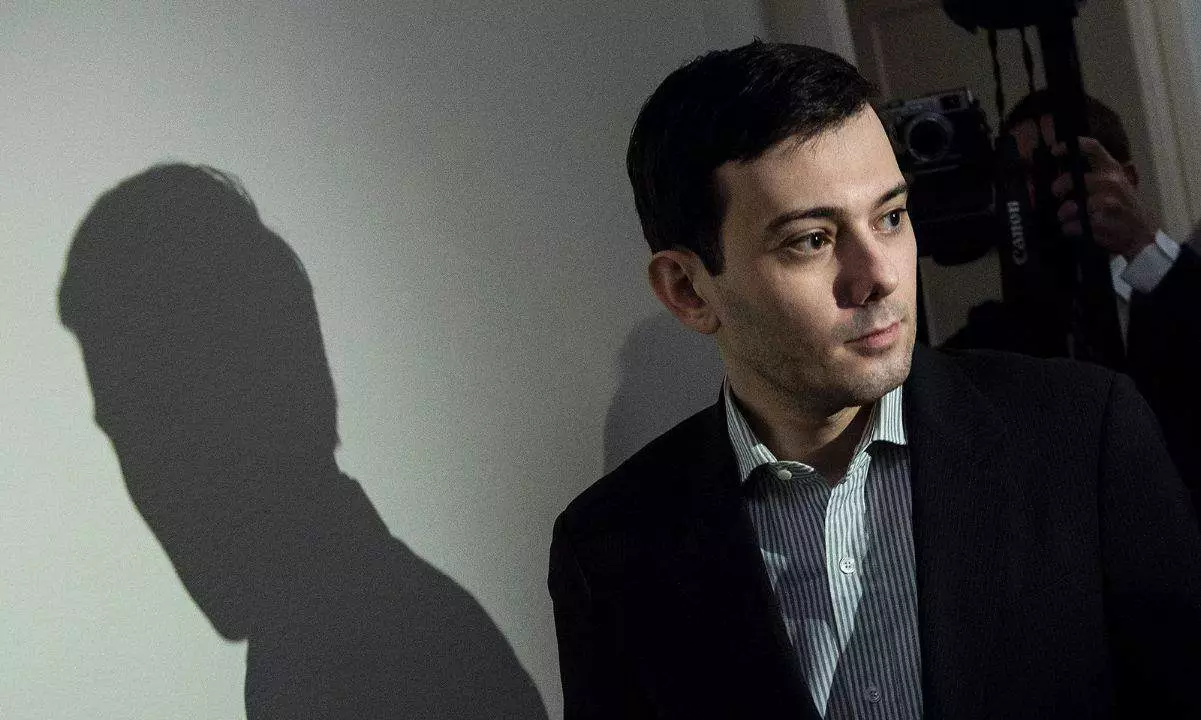Martin Shkreli, an American investor infamous for his role in the pharmaceutical industry and his subsequent legal troubles, finds himself once again at the center of a contentious legal battle. This time, the focus is not on his previous stock fraud convictions but on the ownership of an elusive piece of musical history: the rare Wu-Tang Clan album titled *Once Upon a Time in Shaolin*. In June 2024, the NFT collective known as PleasrDAO took Shkreli to court, alleging that he had unlawfully copied and retained parts of this highly coveted recording. This case not only raises critical questions about copyright law but also about the ethics of ownership in the evolving landscape of digital assets.
The Background of the Album
The album in question, *Once Upon a Time in Shaolin*, is a unique project with a fascinating backstory. Created by the legendary hip-hop group Wu-Tang Clan, this album was intentionally designed to be sold as a single copy, effectively making it a one-of-a-kind artifact. Shkreli acquired it in 2015 for an astounding $2 million at a private auction. The terms of this acquisition stipulated that the album could not be publicly released until 2103, preserving its exclusivity. However, the treasure trove of controversy surrounding this album escalated dramatically when Shkreli was arrested in 2018 over allegations of fraud, leading law enforcement to seize the album as part of their investigation.
With Shkreli’s legal odyssey proving to be convoluted, his recent filings emphasize his desire to dismiss the claims filed by PleasrDAO, arguing that the NFT collective’s complaints fall under the purview of the Copyright Act. This assertion is crucial, as it highlights the legal complexities involved with traditional copyright laws and how they intersect with modern digital ownership, particularly in the burgeoning field of NFTs. Shkreli’s request to include Wu-Tang members RZA and Cilvaringz in the legal proceedings further complicates the narrative, as they are co-owners of the album and may have essential insights that could alter the dynamics of the case.
The Conflict Over Copies
Compounding the issue are the conflicting assertions about copyright rights. Shkreli contends that an agreement allows him to retain 50% ownership of the copyright, despite selling the album itself, while PleasrDAO maintains that the exclusive contract stipulates he relinquished all rights upon sale. This quarrel reflects broader debates in intellectual property law, notably how ownership rights can be interpreted in different contexts, especially as they adapt to the rapidly evolving digital marketplace.
In August 2024, a New York judge sided with PleasrDAO, ordering Shkreli to surrender all copies of the album. Nevertheless, PleasrDAO remains skeptical about the completeness of his compliance, expressing concern that he might still have undisclosed copies. The transparency of ownership and rights in NFT transactions is critical here, akin to broader discussions surrounding trust and the perception of digital assets.
Ultimately, this case between Shkreli and PleasrDAO symbolizes more than just a dispute over a rare music album; it reveals significant ramifications for both digital ownership and the legality surrounding NFTs. As more individuals and groups engage with NFTs, the questions regarding what ownership entails and how copyrights intersect with digital collectibles necessitate careful examination. The resolution of this case might set a precedent for future disputes in this rapidly expanding market, potentially influencing how similar cases are litigated around the globe.
The ongoing legal battle between Martin Shkreli and PleasrDAO over the Wu-Tang Clan album encapsulates a variety of pressing issues within copyright law, ownership rights, and the evolving landscape of digital assets. As this saga unfolds, it serves as a critical reminder of the complexities linked to ownership, especially in an era where the lines between physical and digital are increasingly blurred. Stakeholders in the NFT community—and beyond—will undoubtedly be watching closely, eager to understand how this unique case will influence the future of digital ownership and intellectual property rights.

